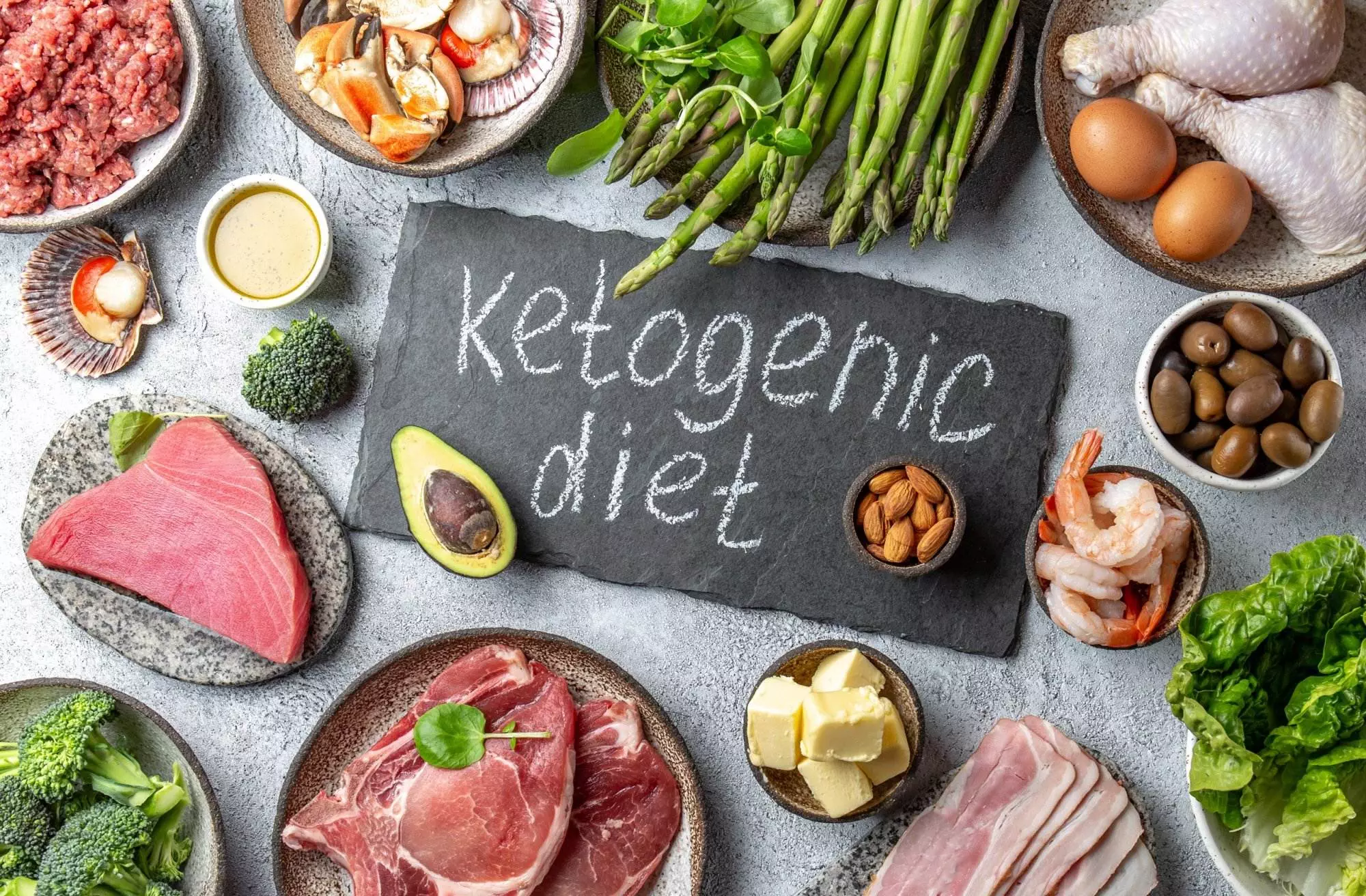
What is the Keto Diet and How Can it Help You Lose Weight
The ketogenic diet, or simply “keto” for short, has become one of the most popular weight loss plans in recent years. But what exactly is this low-carb, high-fat eating plan, and how does it work to help you shed pounds? In this article, we’ll answer all your questions about the keto diet, including its benefits, foods to eat (and avoid), common myths, and whether it might be right for you.
Introduction to the Keto Diet
The keto diet is a type of low-carbohydrate, moderate-protein, and high-fat diet that forces the body into a state called ketosis. When you consume carbs, your body breaks them down into glucose, which serves as fuel for your cells. However, when you limit your intake of carbs, your body doesn’t have enough glucose to rely on for energy. Instead, it turns to stored fat for fuel, producing molecules known as ketones in the process. This metabolic state is what gives the keto diet its name.
What is Ketosis and How Does it Work?
Ketosis occurs when your liver produces ketone bodies from fatty acids to use as an alternative source of energy. The three main types of ketone bodies are beta-hydroxybutyrate (BHB), acetoacetate, and acetone. As you enter ketosis, your body starts burning fat instead of sugar, leading to rapid weight loss. Additionally, ketones can also improve brain function, reduce inflammation, and lower blood sugar levels.
Benefits of the Keto Diet for Weight Loss
One of the primary benefits of the keto diet is its ability to promote rapid weight loss. By restricting carbs and encouraging the consumption of healthy fats, the keto diet helps you burn off excess fat stores while maintaining muscle mass. Additionally, the keto diet has been shown to improve insulin sensitivity, reducing the risk of Type 2 diabetes and other related conditions. It may also help alleviate symptoms of epilepsy, Alzheimer’s disease, and cancer.
Foods to Eat (and Avoid) on a Keto Diet
On the keto diet, you should aim to get around 70% of your calories from healthy fats such as avocado, nuts, seeds, olive oil, coconut oil, and butter. Protein sources like meat, fish, eggs, and dairy products should make up around 25% of your daily calorie intake, with the remaining 5% coming from non-starchy vegetables like leafy greens, broccoli, cauliflower, and cucumber. Foods to avoid include grains, sugars, processed meats, and anything containing added sweeteners or preservatives.
Common Questions About the Keto Diet Answered
1. Will I feel hungry on the keto diet?
Many people report feeling less hungry on the keto diet due to the fact that they are consuming more protein and fat, which tend to keep you fuller longer. That being said, some individuals may experience mild hunger pangs during the first few days of starting the diet until their bodies adjust to using fat for fuel.
2. Is the keto diet safe long-term?
While there is still much debate surrounding the safety of the keto diet over extended periods, many experts believe that it can be safely followed for several months at a time. However, it’s essential to ensure that you’re getting adequate nutrition and staying hydrated throughout your journey.
3. What if I cheat on the keto diet?
Cheating on the keto diet can set back your progress, as it takes your body out of ketosis and requires you to start over again. However, small indulgences here and there won’t necessarily derail your entire plan. Just make sure to get back on track quickly and stick to your macronutrient ratios.

Conclusion: Is the Keto Diet Right For You?
Ultimately, whether or not the keto diet is right for you depends on your individual needs and goals. If you’re looking to lose weight rapidly, improve your overall health, and reduce your risk of chronic diseases, then the keto diet may be worth trying. However, it’s always best to consult with your doctor before making any significant changes to your diet or lifestyle.

